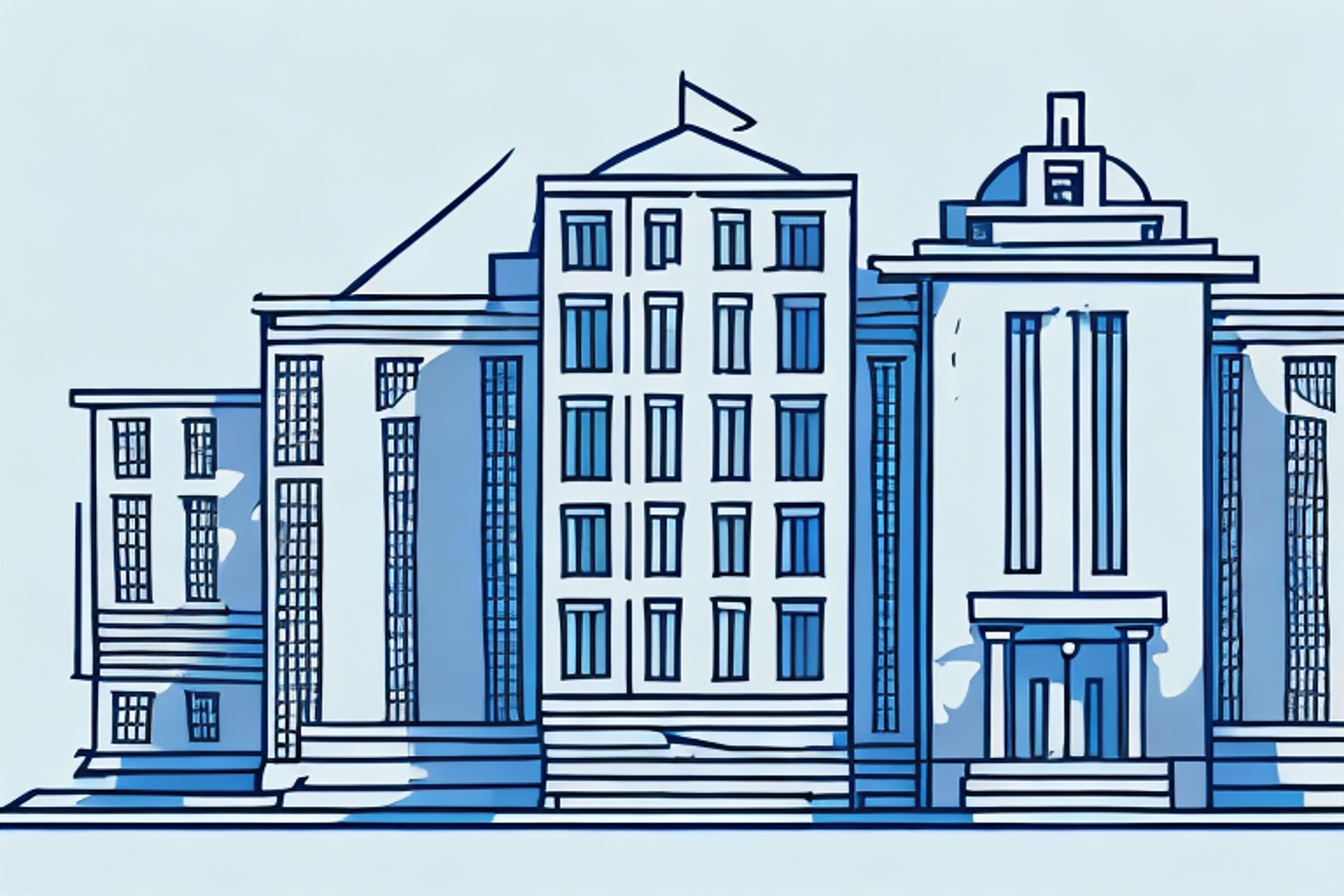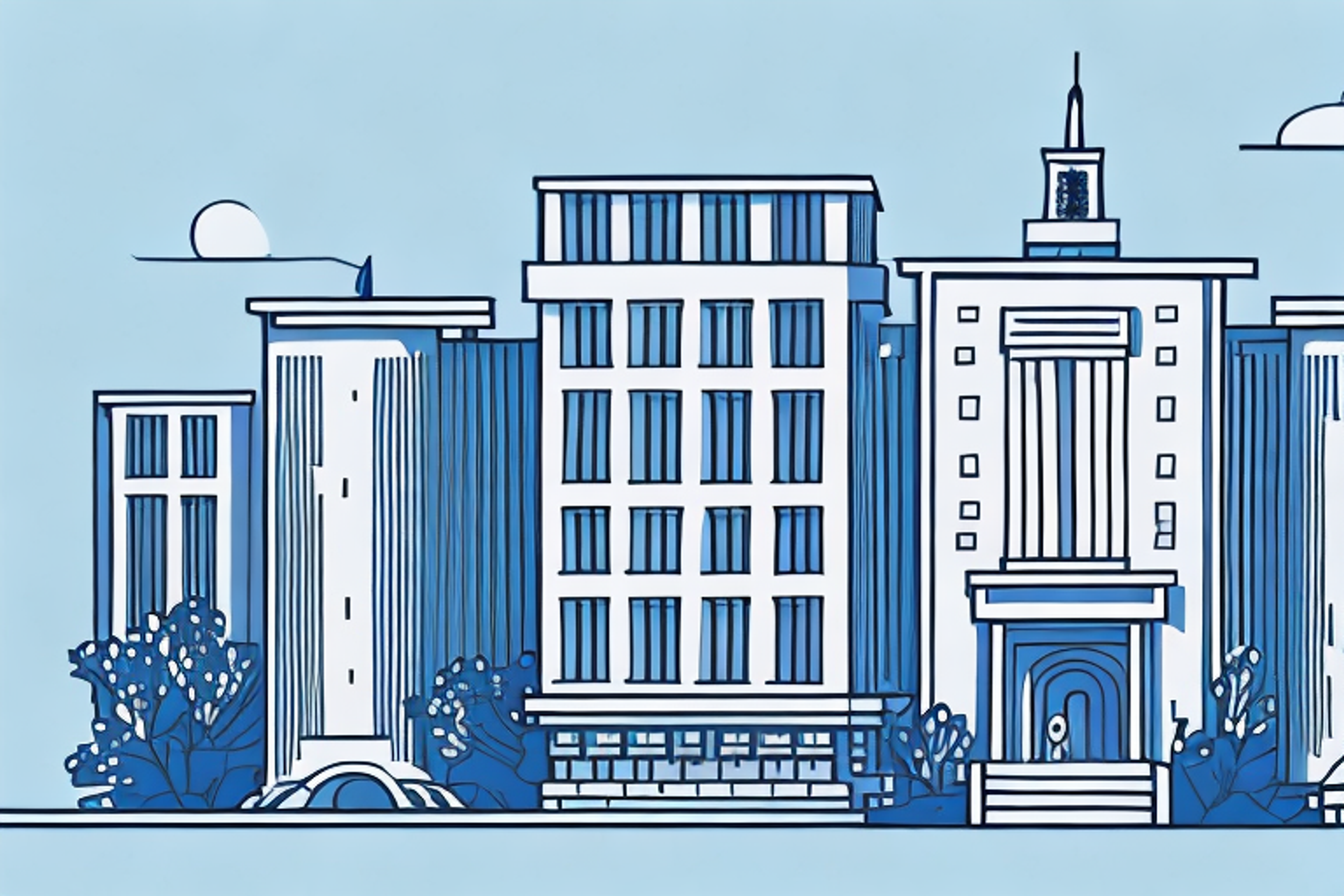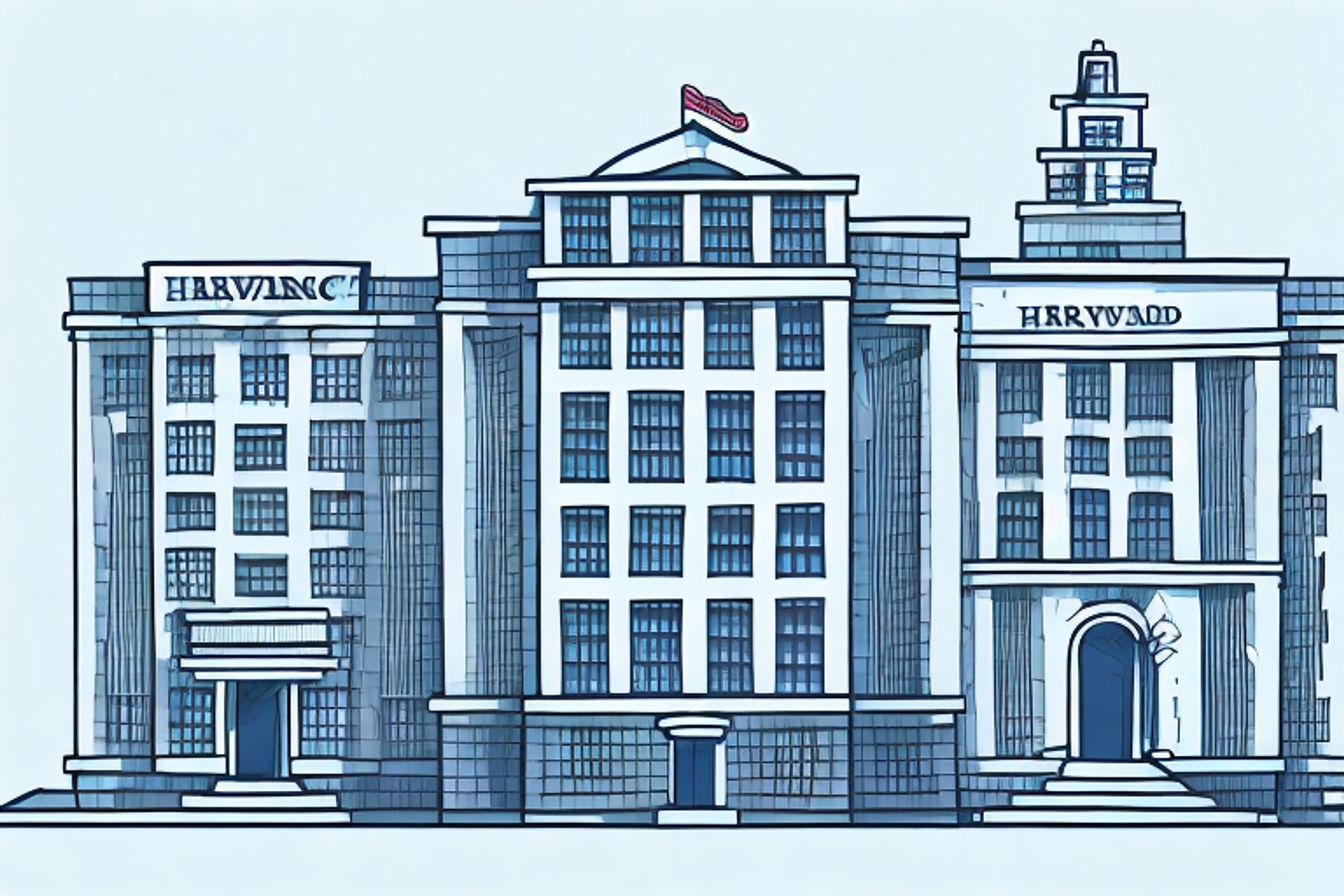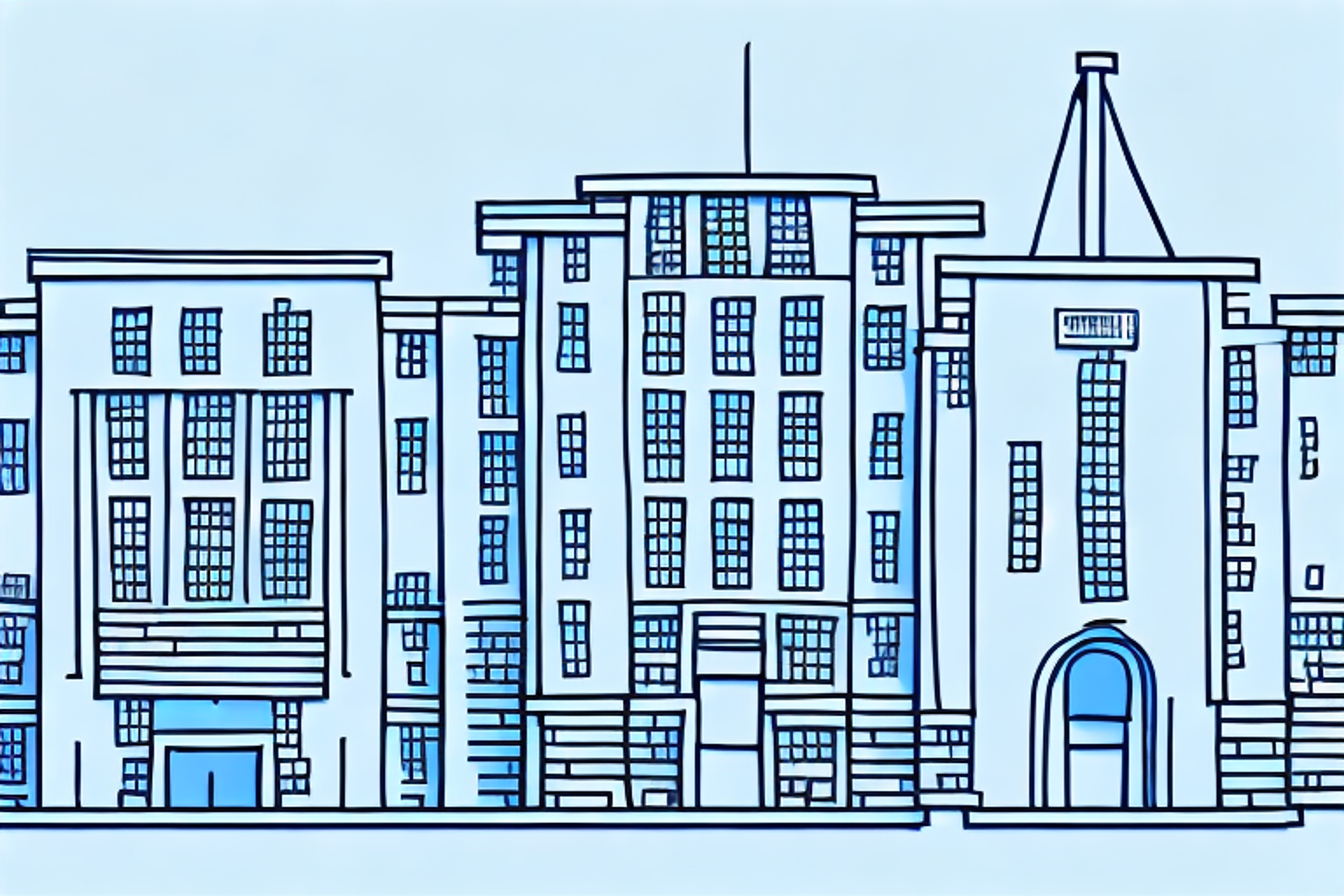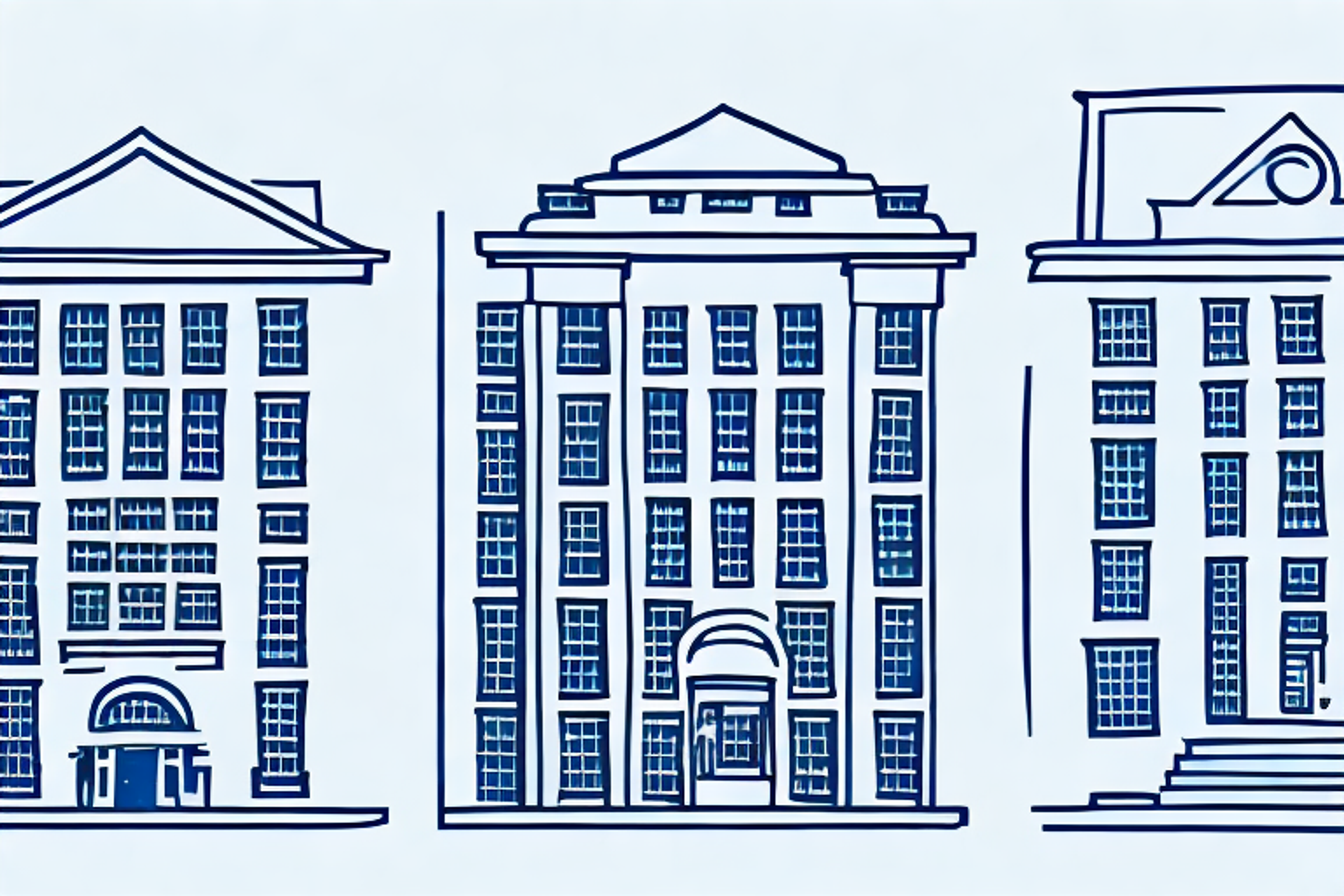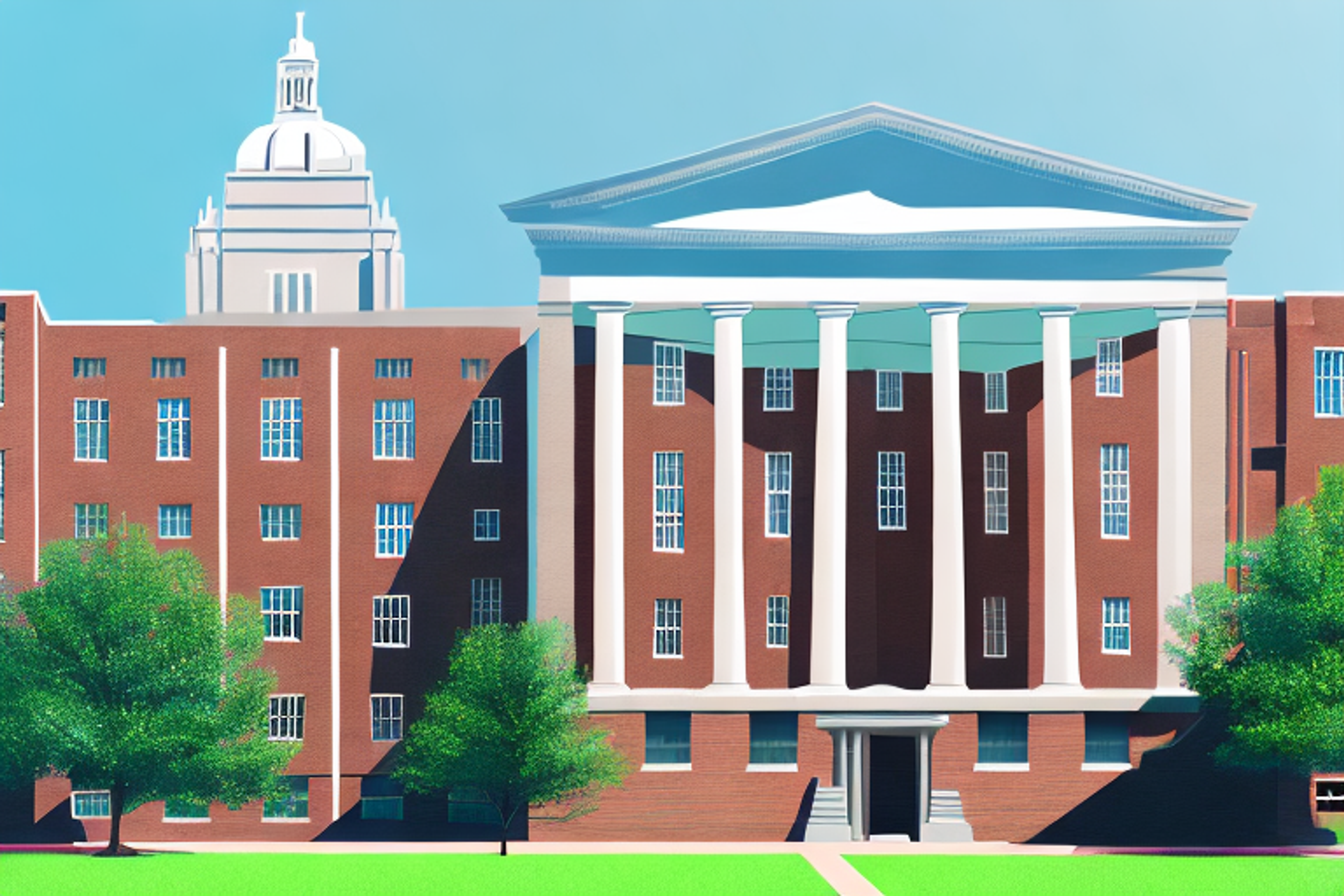University of Virginia School of Law Vs. Northwestern University Pritzker School of Law: An In-Depth Comparison
Are you considering attending law school but can't decide between the University of Virginia School of Law and Northwestern University Pritzker School of Law? Look no further! Our in-depth comparison breaks down the key differences between these two prestigious institutions to help you make an informed decision.
Posted March 6, 2025

Table of Contents
When it comes to choosing the right law school, prospective law students have many factors to consider. Location, faculty, curriculum, academic excellence, admission requirements, student body, extracurricular activities, career prospects, and alumni network are all important considerations. In this article, we will take an in-depth look at two prestigious law schools, the University of Virginia School of Law and Northwestern University Pritzker School of Law, and compare them across these key factors.
Introduction: Brief overview of both law schools
The University of Virginia School of Law is a public law school founded in 1819 and located in Charlottesville, Virginia. The school's renowned faculty includes former Supreme Court Justice Antonin Scalia and former Secretary of State John W. Weeks, among many other distinguished scholars and practitioners. The school is ranked among the top 10 law schools in the country by U.S. News & World Report.
The Northwestern University Pritzker School of Law is a private law school founded in 1859 and located in Chicago, Illinois. The school boasts a highly respected faculty, including former Supreme Court Justice John Paul Stevens and former Solicitor General of the United States Seth Waxman, among other notable figures. The school is ranked among the top 20 law schools in the country by U.S. News & World Report.
Despite their differences in location and funding, both law schools offer a rigorous and comprehensive legal education. Students at the University of Virginia School of Law have the opportunity to participate in clinics and externships, gaining practical experience in areas such as criminal defense and environmental law. Similarly, students at Northwestern University Pritzker School of Law can participate in a variety of legal clinics, including the Bluhm Legal Clinic, which provides pro bono legal services to low-income clients in the Chicago area.
History and Background: Founding and evolution of UVA School of Law and Northwestern Pritzker School of Law
The University of Virginia School of Law was established in 1819 by Thomas Jefferson, one of America's Founding Fathers and the third President of the United States. Jefferson envisioned a public institution that would teach law as both a science and an art, and that would produce scholars and professionals who could contribute to the public good. Over the years, the school has maintained its commitment to this mission, expanding its academic offerings and building a reputation as one of the best law schools in the country.
The Northwestern University Pritzker School of Law has a similarly distinguished history as one of the oldest law schools in the country. The school was founded in 1859 and quickly established a reputation for excellence, attracting many of the best legal minds of the day. In the years since, the school has continued to evolve and grow in response to changing legal and social trends, remaining on the cutting edge of legal education and scholarship.
Despite their different founding dates, both UVA School of Law and Northwestern Pritzker School of Law have made significant contributions to the legal field. UVA School of Law has produced many notable alumni, including former U.S. Secretary of State, Dean Acheson, and former U.S. Senator, Tim Kaine. Northwestern Pritzker School of Law has also produced many distinguished alumni, including former Illinois Governor, Rod Blagojevich, and former U.S. Senator, Carol Moseley Braun. Both schools continue to attract top legal talent and produce graduates who go on to make a positive impact in their communities and the world.
Location and Campus: Comparison of the two campuses and surrounding areas
The University of Virginia School of Law is located in Charlottesville, Virginia, a city known for its natural beauty, rich history, and vibrant cultural scene. The school's campus is situated on a hill overlooking the city, and is surrounded by lush greenery and stunning architecture. The school is in close proximity to the Blue Ridge Mountains and several national parks, making it a popular destination for outdoor enthusiasts and nature lovers.
The Northwestern University Pritzker School of Law is located in Chicago, Illinois, one of the largest and most vibrant cities in the country. The school's campus is situated in the heart of Chicago's downtown district, surrounded by towering skyscrapers, world-class museums, and diverse neighborhoods. The school is in close proximity to Lake Michigan, Grant Park, and other major attractions, making it a popular destination for students who enjoy urban living and a vibrant cultural scene.
Faculty and Staff: Analysis of the quality, qualifications, and experience of professors in each school
The faculty of the University of Virginia School of Law is widely regarded as one of the best in the country. The school employs more than 100 full-time faculty members, many of whom are nationally recognized scholars and practitioners in their respective fields. The faculty includes former Supreme Court clerks, federal judges, and attorneys who have argued before the Supreme Court, among others. The school's faculty is known for its academic rigor, intellectual diversity, and commitment to social justice.
The faculty of the Northwestern University Pritzker School of Law is similarly renowned for its excellence and commitment to excellence. The school employs more than 90 full-time faculty members, many of whom are leading scholars and practitioners in their respective fields. The faculty includes former federal prosecutors, international human rights advocates, and award-winning legal scholars, among many others. The school's faculty is known for its interdisciplinary approach to legal education and its commitment to diversity and inclusion.
Curriculum: Comparison of course offerings, specializations, and electives at UVA School of Law and Northwestern Pritzker School of Law
The University of Virginia School of Law offers a broad and comprehensive curriculum that includes courses in all major areas of law, as well as specialized programs in areas such as public service, national security, intellectual property, and environmental law. The school also offers a wide range of clinical programs, moot court competitions, and other experiential learning opportunities.
The Northwestern University Pritzker School of Law offers a similarly comprehensive curriculum that includes courses in all major areas of law, as well as specialized programs in areas such as business law, health law, and social justice. The school also offers a range of clinical programs, moot court competitions, and other experiential learning opportunities, as well as joint degree programs with other schools at Northwestern.
Academic Excellence: Comparison of rankings, academic achievements, and awards received by both law schools
Both the University of Virginia School of Law and the Northwestern University Pritzker School of Law are widely regarded as among the best law schools in the country. The University of Virginia School of Law is consistently ranked in the top 10 law schools by U.S. News & World Report, while the Northwestern University Pritzker School of Law is consistently ranked in the top 20. Both schools have a history of producing outstanding graduates who go on to successful careers in law and other fields.
Admission Requirements: Discussion on the admission requirements, acceptance rates, and application process for UVA School of Law vs. Northwestern Pritzker School of Law
The admission requirements for both the University of Virginia School of Law and the Northwestern University Pritzker School of Law are rigorous and competitive. Both schools require a strong academic record, including high undergraduate grades and strong LSAT scores. They also typically require letters of recommendation, personal statements, and other materials that demonstrate a candidate's commitment to the law and potential for success in the program. The acceptance rates for both schools are generally low, with only a small percentage of applicants accepted each year.
Student Body Profile: Demographics and diversity analysis of students enrolled in both law schools
The student bodies at both the University of Virginia School of Law and the Northwestern University Pritzker School of Law are diverse and accomplished. The University of Virginia School of Law typically enrolls around 350 students each year, with a strong representation of students from diverse backgrounds, including women, minorities, and international students. The school also has a thriving student-run organization that promotes diversity and inclusion in the legal profession.
The student body at the Northwestern University Pritzker School of Law is similarly diverse, with around 200 students enrolled each year. The school has a strong commitment to diversity and offers a range of programs and initiatives designed to promote diversity and inclusion in the legal profession. The school also has a strong reputation for producing graduates who go on to work in public interest and social justice law.
Extracurricular Activities: Overview of student organizations, moot court competitions, legal clinics, journals at UVA School of Law vs. Northwestern Pritzker School of Law
Both the University of Virginia School of Law and the Northwestern University Pritzker School of Law offer a range of extracurricular activities and opportunities for students to get involved in the law school community. The University of Virginia School of Law has more than 50 student organizations, including a moot court team, legal journals, and clinics that provide legal services to underserved communities.
The Northwestern University Pritzker School of Law also offers a range of extracurricular activities, including moot court competitions, legal clinics, and student organizations focused on topics such as human rights, public interest law, and entrepreneurship. The school also hosts a number of guest speakers and events throughout the year that provide students with the opportunity to engage with leaders in the legal field.
Career Prospects: Comparison between the employment rates, average salaries, job placements after graduation from both law schools
The career prospects for graduates of the University of Virginia School of Law and the Northwestern University Pritzker School of Law are generally excellent. The schools have a strong reputation within the legal community and are highly respected by employers across a range of industries. Graduates of both schools are typically able to secure high-paying jobs at top law firms, as well as positions in government, nonprofit organizations, and other sectors.
Alumni Network: Influence and reputation of alumni from UVA School of Law vs. Northwestern Pritzker School of Law in the legal industry
Both the University of Virginia School of Law and the Northwestern University Pritzker School of Law have active and engaged alumni networks that provide graduates with a wide range of professional opportunities and support. The alumni from both schools are known for their excellence and leadership within the legal profession, with many holding high-profile positions in government, business, and nonprofit organizations. Graduates of both schools are well-known and respected in the legal industry, and are often sought after for their expertise and experience.
Conclusion: Final thoughts on which law school is better for prospective students
Overall, both the University of Virginia School of Law and the Northwestern University Pritzker School of Law are excellent law schools that offer rigorous academic programs and a wealth of opportunities for students to get involved in the legal profession. Prospective law students should carefully consider their personal goals and preferences when choosing between these two schools, weighing factors such as location, faculty, curriculum, academic excellence, admission requirements, student body, extracurricular activities, career prospects, and alumni network. Ultimately, the choice between these two great law schools will depend on each individual's unique needs and priorities.
